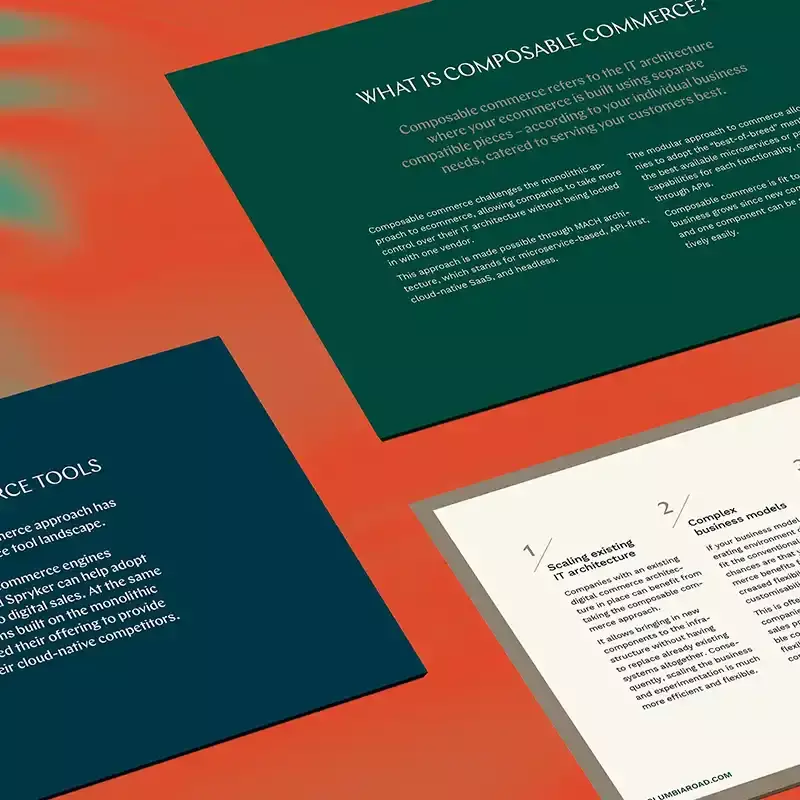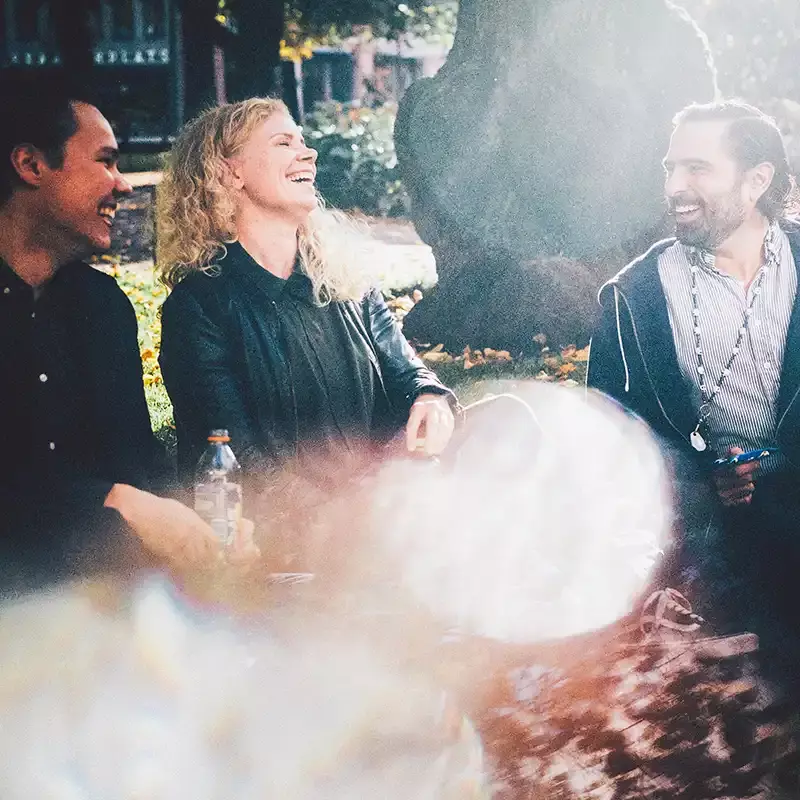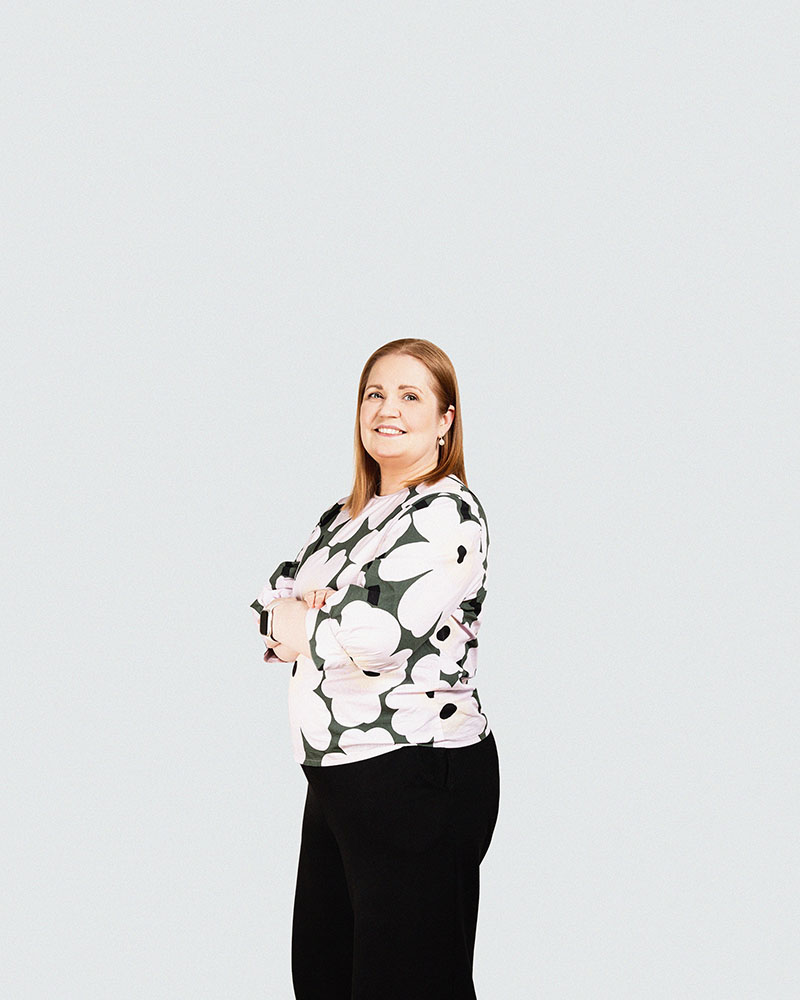The Data Handbook
How to use data to improve your customer journey and get better business outcomes in digital sales. Interviews, use cases, and deep-dives.
Get the book
I recently heard about a case where a traditional company with a long history was building a new digital service that would take their business to the next level. As you would imagine, they hired a lot of designers and developers, formed agile teams, and set out to develop the service with good intentions. However, as the project progressed, the team members started to get frustrated.
They were experienced digital professionals who had a clear vision based on data on how the service should be taken forward. At the same time, management would routinely revise their objectives and change feature priorities. The product and business managers were nervous about meeting the goals set up by top management, and instead of trusting the agile team, they would change course based on signals coming from sometimes irrelevant stakeholders. This obviously caused anxiety among team members.
In another case, a digital service was being developed with multiple teams working on the same code repository. I discussed the project with some of the team members and heard that they were feeling low after members from another team had publicly criticised their code and work in Slack, and would routinely do so. The two teams had formed independently of each other as the project had grown, and little by little the gap between the teams had grown wider and harder to cross. This was only made worse by the remote working environment caused by the COVID situation.
Both of these examples from real life are testament to the lack of trust. A lot has been written about how agile methodologies create trust. However, it's also the other way around - lack of trust can severely affect the performance of an agile team and in worst cases cause attrition.
“Building a culture of trust is about the integrity, open communication and trust between the management and the team as well the trust between the different teams and team members.”
In a traditional corporate culture, trust has to be earned. But in modern digital projects, this is often not an option. The projects are set up fast and decisions need to be done quickly. Many times the project can be already over before the trust has had time to be built. This means that trust has to be given from the outset, not earned.
Furthermore, communication and lack of it affect trust. In remote work settings communication is often done in written format. Helena Åhman, a leadership coach and acclaimed writer with a Ph.D. in Work Psychology has great insight into what's good to keep in mind in those heated Slack and Teams situations as well as with emails:
“When communicating something in written format, you should soften your tone two times more than when conveying the same message in face-to-face situations”
- Helena Åhman
Taking on a new direction
Traditionally organisations have been built hierarchically which implies that building of trust is not supported very well. In Columbia Road, we have decided to take another approach. We think that people are inherently good and mean well, and this has to be reflected in the company culture by trusting and giving responsibility from the very beginning. We also want to bring this culture to all the client projects we do - whether it’s building a new webshop or CRM system or growth hacking (which is itself based on agile methodologies). This is what we recommend to other companies as well: take the leap of faith and let trust enable your agile teams to grow your business. We know that learning takes time and change requires energy as well as determination, but we promise you it will be worth it.
P.S. We're looking for great people to join our team at Columbia Road! Take a new leap in your career, we have open positions in all business areas. Send a message, call us, visit us — we'd be thrilled to hear from you!
The Data Handbook
How to use data to improve your customer journey and get better business outcomes in digital sales. Interviews, use cases, and deep-dives.
Get the book




